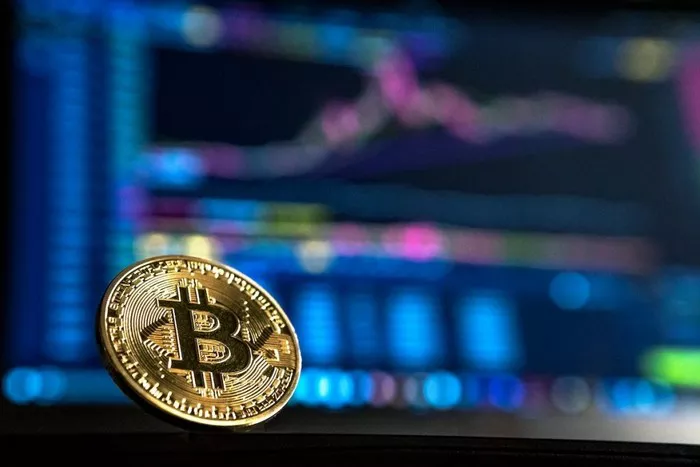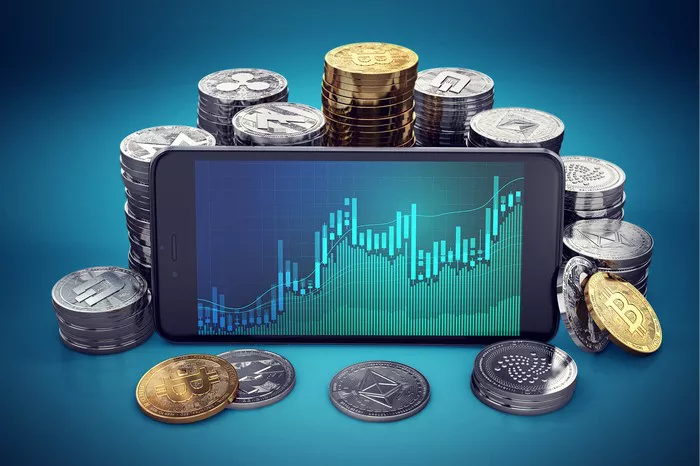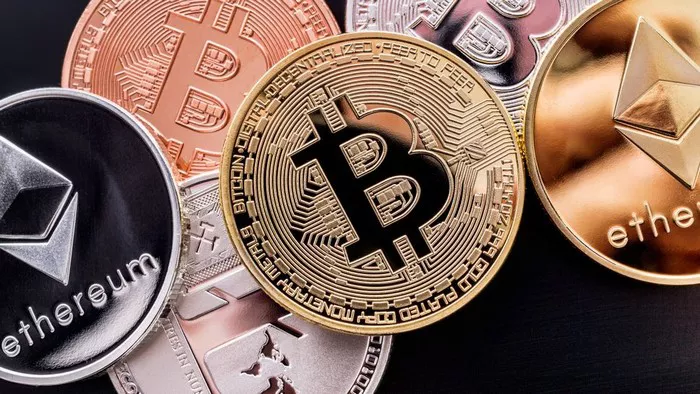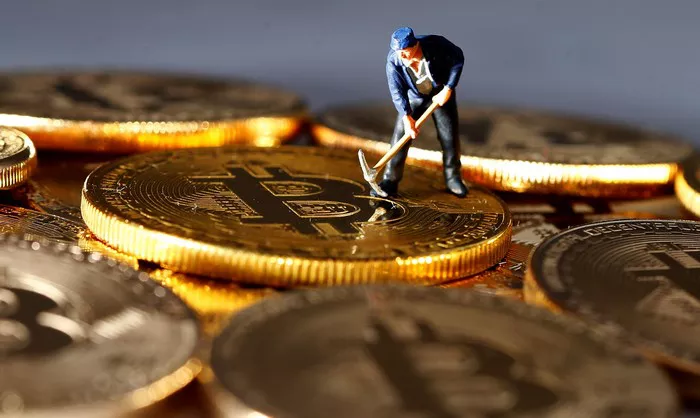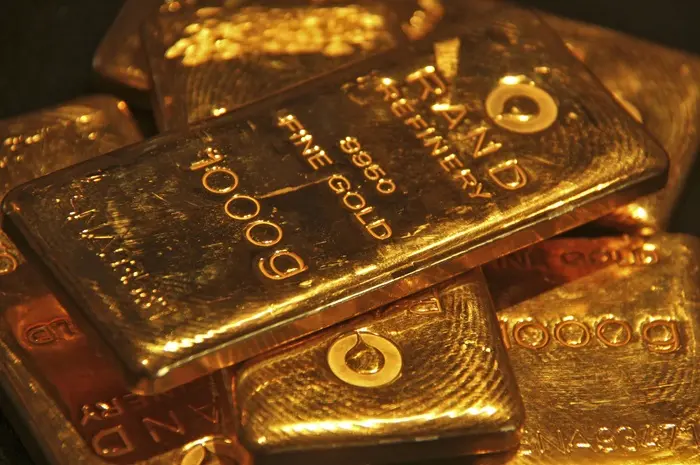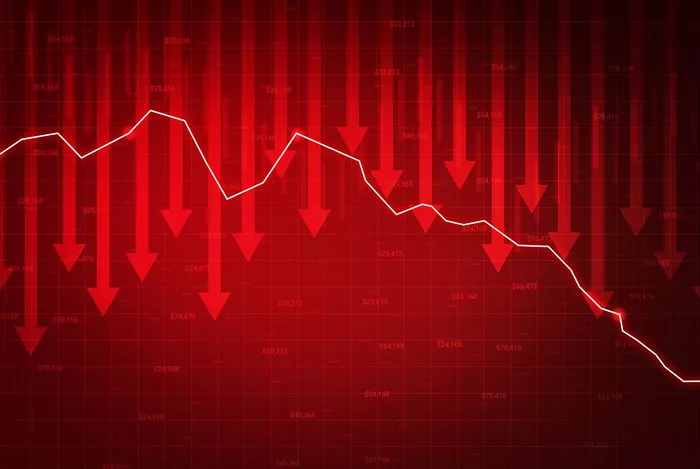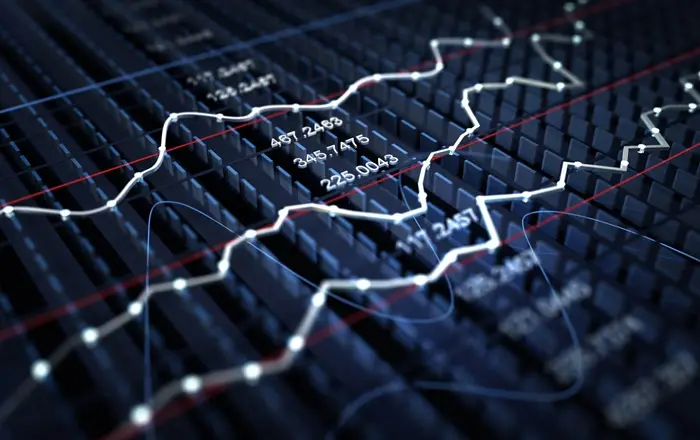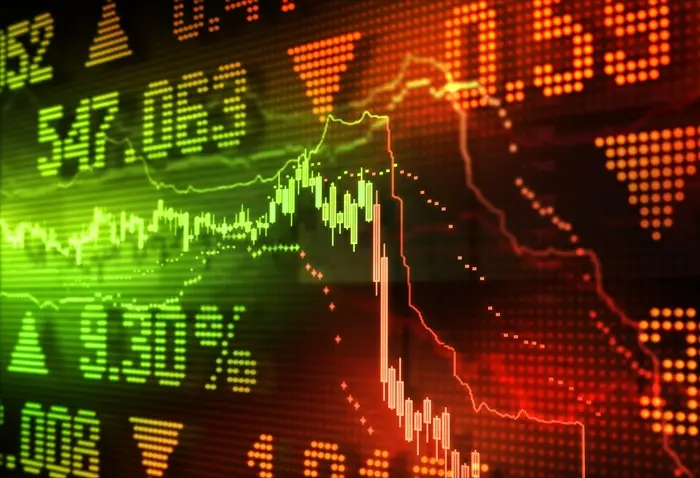Speaking aboard Air Force One on Sunday, Trump struck a firm tone and repeatedly defended the tariffs he unveiled last week. He also drew a line in the sand, saying he would not make a deal to cut top tariffs unless it eliminated the U.S. trade deficit with the country.
“We’re going to be a wealthy country again — richer than we’ve ever been. We have all the advantages. Forget the market for a moment — we have all the advantages,” Trump told reporters on Sunday.
“I don’t want anything to happen, but sometimes you have to take medicine to fix things,” Trump said. U.S. stock futures plunged and the yen soared, a sign that tariffs are adding to the turmoil.
Trump’s comments echoed those of his top economic officials, who took to the airwaves on Sunday to tout the merits of Trump’s plan, with no signs of any change of heart within the administration.
After a sharp drop in global stock markets, Treasury Secretary Scott Bessant, Commerce Secretary Howard Lutnick and others insisted that Trump would stick with his tariff agenda no matter what the markets did.
“Tariffs are coming,” Lutnick told CBS’s “Face the Nation,” adding that Trump “announced it and he wasn’t kidding.”
While JPMorgan economists said Friday they now expect the U.S. to fall into recession this year, Bessant told NBC’s “Meet the Press” hosted by Kristen Welker, “I don’t think there’s a reason to factor in a recession.”
Markets are set for another tough week, with U.S. stock futures plunging on Sunday. At 8 p.m. New York time, the S&P 500 contract fell 4.4%, while the index has fallen 10% in two days.
Topix futures triggered circuit breakers, and Chinese stocks face a severe test.
After Trump posted a video of himself playing golf in Florida, White House trade chief Peter Navarro said investors should trust Trump’s resolve, even if negotiations lead to changes in trade levels. Bessant said more than 50 countries have called the Trump administration, but any negotiations will take time.
“They have been bad guys for a long time. This is not something that can be negotiated out in a few days or weeks,” Bessant said. The United States must first determine whether the proposals from other countries are “credible.”
“We have to see the path forward. Because you know, after 20, 30, 40, 50 years of bad behavior, you can’t just erase history.”
Trump singled out China and the European Union in his speech and said world leaders were calling him to try to make a deal. But Trump — who uses a rough formula to calculate tariffs that applies higher tariffs to countries that export more to the U.S. than they import — said he wouldn’t sign a deal unless they eliminate their trade deficit with the U.S. in negotiations. That would be nearly impossible for several low-wage centers that have been hit with higher tariffs but are a source of cheap imports to the U.S.
“To me, a deficit is a loss. We’re going to have a surplus, or at worst, break even,” Trump said, adding: “You know, I got elected on that. That’s one of the biggest reasons I got elected.”
In the two days after Trump announced the tariffs on April 2, $5.4 trillion was wiped off markets, with the S&P 500 falling to its lowest level in 11 months.
Bessent, a former hedge fund manager who built his fortune through his Key Square Group and Soros Fund Management, downplayed the market carnage, calling it an “organic animal.”
“The market has been underestimating Donald Trump,” he said.
Navarro predicted that the current stock market slump will eventually turn into a hot market. “We’re going to find a bottom in this market pretty quickly,” he said on Fox News’ “Sunday Morning Futures.” “The Dow will easily be at 50,000 by the end of this semester.”
Outside the Trump administration, others are less optimistic.
Bill Ackman, founder of Pershing Square, who supported Trump in the 2024 election, said in an X post: “I firmly believe that imposing tariffs on the whole world on April 9 – far more than what we have been charged – was a mistake.”
Former U.S. Treasury Secretary Larry Summers said that last week’s sell-off was the fourth largest two-day drop since World War II, second only to the 1987 market crash, the 2008 financial crisis and the 2020 COVID-19 pandemic.
Summers, a Harvard professor and paid contributor for Bloomberg TV, said in an X article: “Such a large drop means that there may be trouble in the future, and people should be very cautious.”
The day after the Trump team made the above remarks, the United States announced on Saturday that it would impose an additional 10% tariff on all imports. On Wednesday, the United States will also impose additional customized tariffs of up to 50% on imports from about 60 countries. The announced tariffs will bring U.S. import taxes to the highest level in more than a century.
Consumer Prices
Kevin Hassett, the head of the White House National Economic Council, acknowledged that U.S. consumer prices “may be going up a bit,” but he said concerns among economists, the Federal Reserve and some lawmakers are overblown.
Hassett also said on ABC’s “This Week” that Americans will ultimately benefit from the tax cuts and spending cuts that Trump hopes to push through Congress.
Both Bessant and Hassett downplayed concerns that the tariff offensive will stoke inflation, setting off their ongoing disagreement with the Fed and Wall Street economists.
Federal Reserve Chairman Jerome Powell said Friday that “it’s clear that the tariff increase will be much larger than expected,” which could lead to higher inflation and slower economic growth.
The concerted comments from Trump’s top economic advisers on Sunday reinforced a growing view that the president intends to make the tariffs permanent and believes any resulting economic pain is worth it for the long-term transformation of the U.S. economy.
Agenda at Risk
Trump says he is taking action to reshape the global economy in America’s favor. He believes tariffs will unleash a wave of investment as companies set up new factories in the U.S., bringing jobs and wealth back to the country.
His ire centers on the U.S. trade deficit in goods that topped $1 trillion last year. Trump and his team say eliminating the deficit is a national security priority and will “make America rich again.”
Marc Short, who served as director of legislative affairs during Trump’s first term and later as chief of staff to Vice President Mike Pence, said the market had assumed Trump would use tariffs as a bargaining chip, as he did in his first administration, but that Trump had heard different advice this time around.
Short, who like Pence does not support tariffs, said in an interview Saturday that he expects the administration to eventually “give in” to the market. “But I don’t think it’s going to be anytime soon,” he said. “When it comes, it will be seen as a win.”
Short also said a potential recession would jeopardize other elements of Trump’s agenda, including congressional negotiations to extend the tax cuts from his first term, if Republicans face pressure from voters about rising costs.
Related topics:




